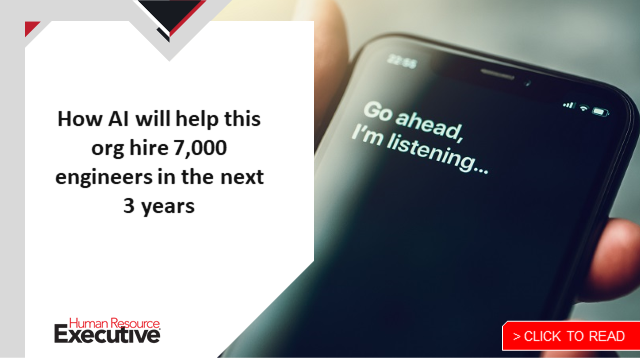Recruitment and talent acquisition professionals are facing their greatest challenge. The one-two punch of the Great Resignation and employees demanding a sense of purpose as well as remote work options are pushing talent acquisition leaders to make hiring decisions based on intuition rather than data.
At the same time, TA technology often fails to deliver reliable candidate insights, according to a Forrester Consulting Opportunity Snapshot study commissioned by talent measurement solution provider Talview.
Entitled Enterprise Talent Acquisition Requires Effective Talent Measurement Tools: Actionable Insights and a Holistic Understanding of Candidates are the Goal, the survey of 150 senior talent decision-makers in the U.S. found that 60% of TA professionals say inadequate candidate insights prevent them from improving TA decisions, experiences or processes. At the same time, 23% of respondents feel they make too many hiring decisions based on intuition rather than on data, and those intuition-based decisions could have inherent biases.
What this means for HR and TA leaders
TA and recruitment professionals deal with a crowded technology landscape that frequently fails to share data and deliver desired results, says Sanjoe Tom Jose, CEO of Talview.
Related: To learn more about ATS and other recruitment tools, join HRE for the 2022 HR Technology Conference from Sept. 13-16 in Las Vegas. Register here.
 “On average, talent acquisition decision-makers are relying on five to 10 different tools for their processes, while nearly a third have responded using more than 10 tools,” he says. “The data collected by these tools rarely comes back to the ATS and this causes data and system silos. Plus, candidate insights that lack timeliness, quality and depth can occur.”
“On average, talent acquisition decision-makers are relying on five to 10 different tools for their processes, while nearly a third have responded using more than 10 tools,” he says. “The data collected by these tools rarely comes back to the ATS and this causes data and system silos. Plus, candidate insights that lack timeliness, quality and depth can occur.”
Why are TA leaders often going with their gut when recruiting new talent despite an array of AI-powered TA tools in their organizations?
Simply put, most organizations rely on interviews for making hiring decisions, but most interviewers are poorly trained and their performance as interviewers is rarely reviewed by their supervisors, says Jose.
“Hiring managers need to quantify objective inputs for effective unbiased decision making,” he says, adding, “The lack of interview structure, standardized rating sheets and independent assessments prevents them from making data-based decisions.”
Related: Buying HR technology? Start at the top of the stack
The Forrester Snapshot survey also found:
- 80% of decision-makers are focused on improving the quality and speed of hires, as well as confidence in their talent decisions.
- Hiring leaders prioritize “intelligent, inclusive and integrated” tools, including AI-enabled features to spot hiring biases and reduce manual work.
- More than 80% of respondents believe AI is “critical” to their ability to scale TA tasks. However, 55% have low confidence in their ability to take advantage of AI.
The post HR Tech Number of the Week: TA tool challenges appeared first on HR Executive.